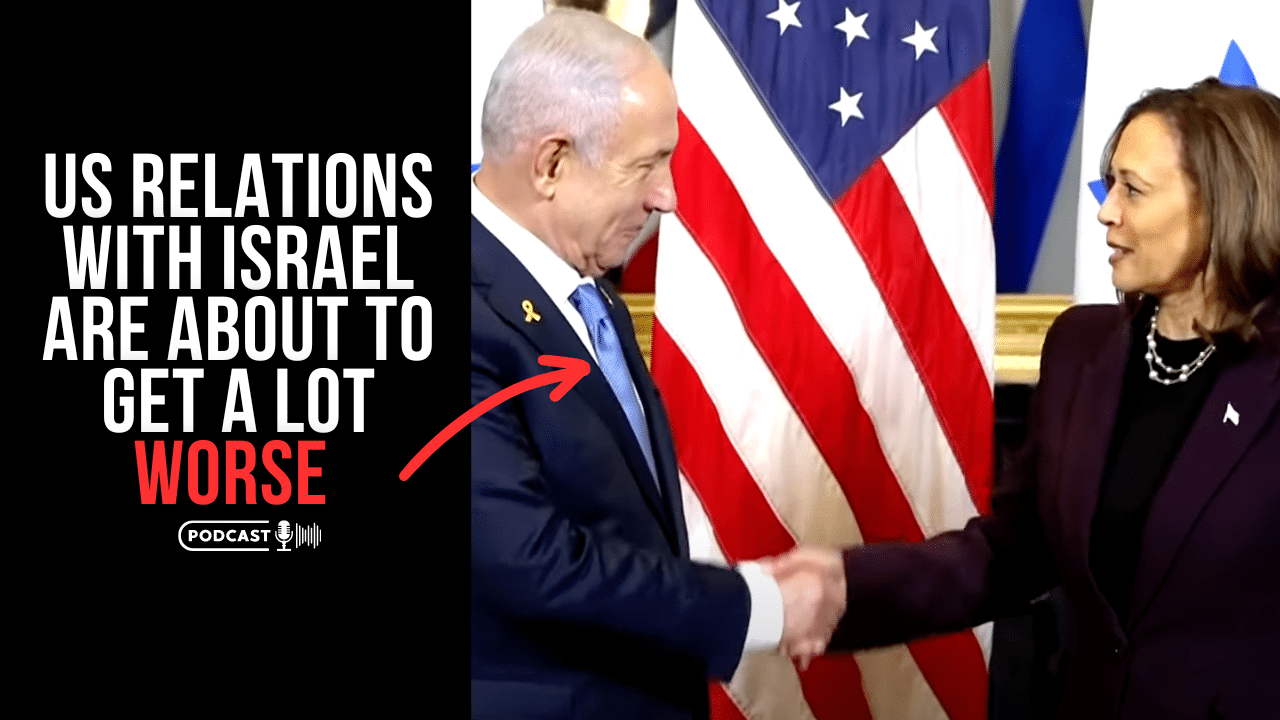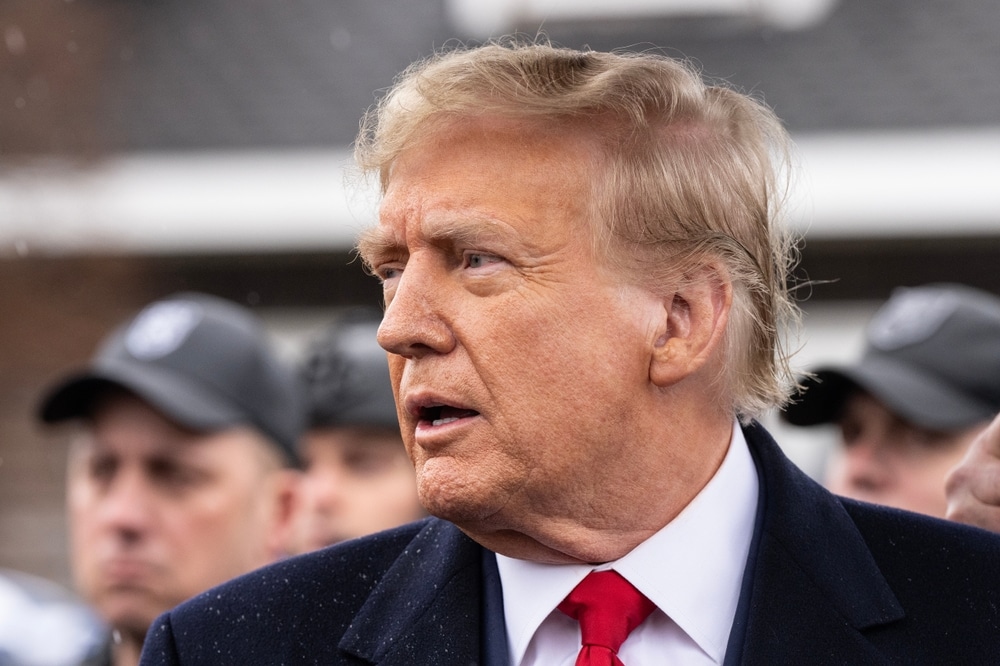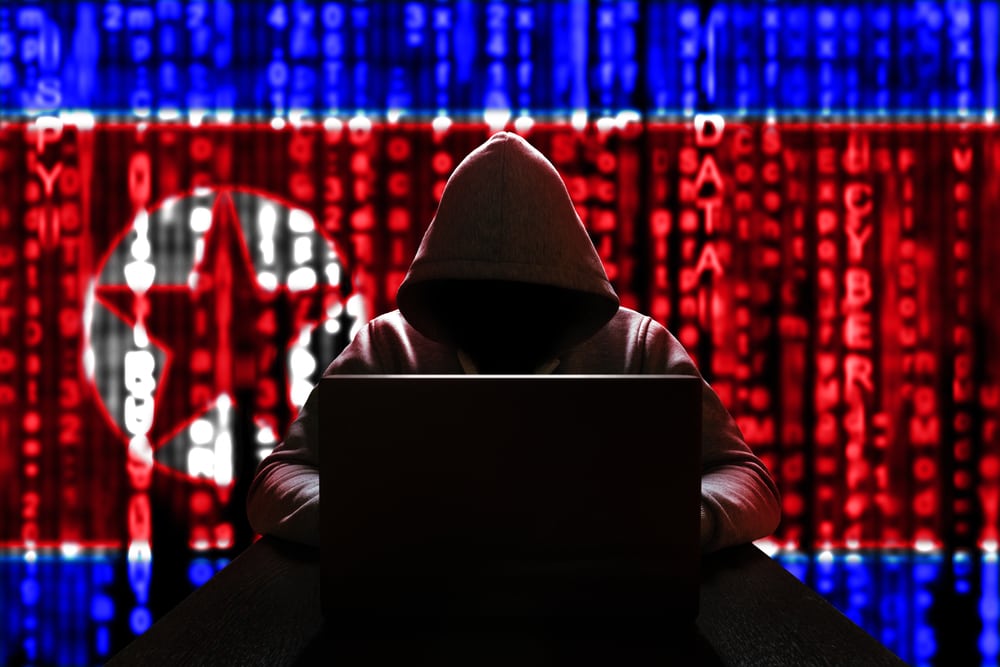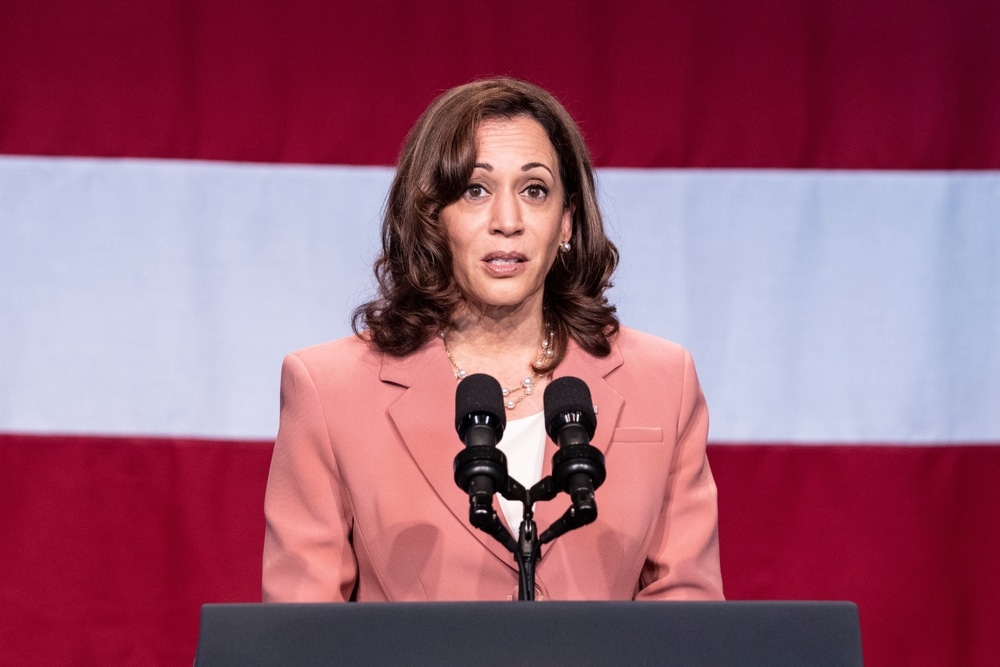United States nuclear submarine’s appearance in South Korea is grounds for North Korea to consider nuclear repercussions, according to Defense Minister Kang Sun-nam.
Japanese and South Korean militaries said Thursday that North Korea fired two ballistic missiles eastwards early on Wednesday, following the Ohio-class nuclear ballistic missile submarine USS Kentucky (SSBN-737) arriving in a port in Busan, South Korea, for the first time in four decades.
“I remind the U.S. military of the fact that the ever-increasing visibility of the deployment of the strategic nuclear submarine and other strategic assets may fall under the conditions of the use of nuclear weapons specified in DPRK law on nuclear force policy,” Sun-nam said in a press statement carried by North Korea’s Central News Agency, as reported by South Korea’s Yonhap News Agency.
North Korean threats against the U.S. escalated 10 days ago when the DPRK (Democratic People’s Republic of Korea) alleged that U.S. Air Force jets violated airspace over the East Sea “several times.”
Pyongyang said sending a U.S. nuclear submarine to the Korean peninsula would create a “very dangerous situation” bringing the region “closer to the threshold of nuclear conflict.”
The sub’s appearance in South Korea is a culmination of long-term relations between the U.S. and the Republic of Korea (ROK). On April 23, President Joe Biden and ROK President Yoon Suk Yeol discussed changing threats on the Korean Peninsula and in the Indo-Pacific region as both countries mark the 70th anniversary of their alliance.
Terms included further deterrence, notably of the nuclear variety. The Biden administration said it remains committed “to make every effort to consult with the ROK on any possible nuclear weapons employment on the Korean Peninsula, consistent with the U.S. Nuclear Posture Review’s declaratory policy.”
Department of Defense (DOD) spokesperson Martin Meiners reiterated to Newsweek via email that the United States “has been very clear” of its commitment to extended deterrence, peace and security on the Korean Peninsula.
“The actions taken by the U.S.-ROK alliance in the Washington Declaration and through the Nuclear Consultative Group are a prudent response to the DPRK’s escalatory and dangerous behavior, and further the alliance’s goal of promoting peace and stability in the region,” DOD spokesperson Lisa Lawrence also told Newsweek.
“The DPRK’s continuing efforts to advance its unlawful nuclear and ballistic missile capabilities greatly undermine regional security and stability,” she said.
“Unlike the DPRK’s actions, U.S.-ROK efforts to improve our defense posture and protect our citizens from overt DPRK threats to use nuclear weapons are not in violation of UN [United Nations] Security Council Resolutions.”
















